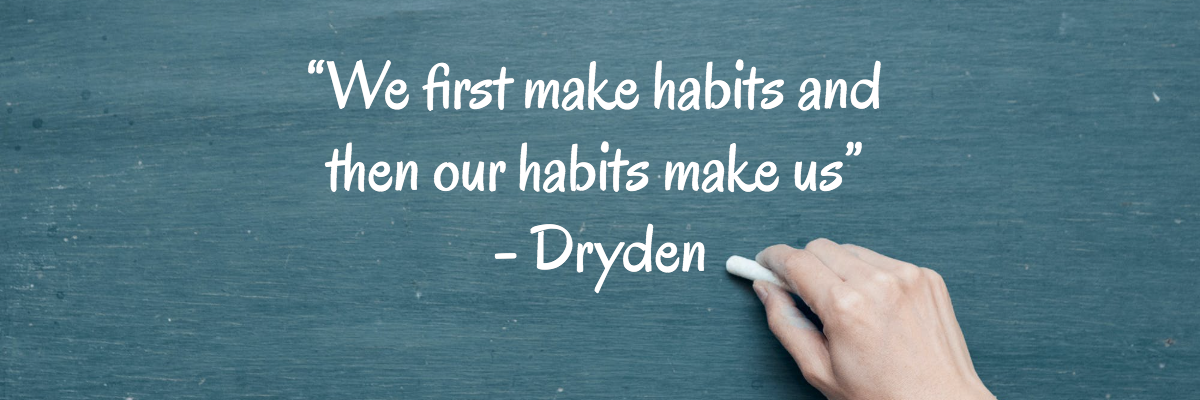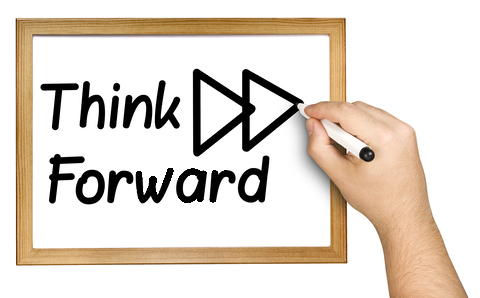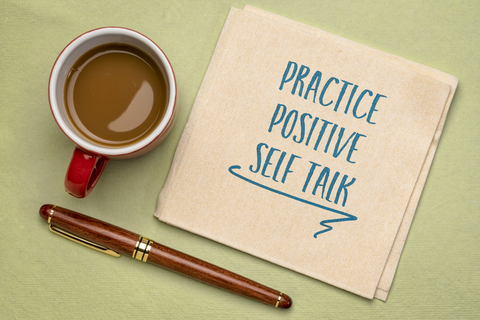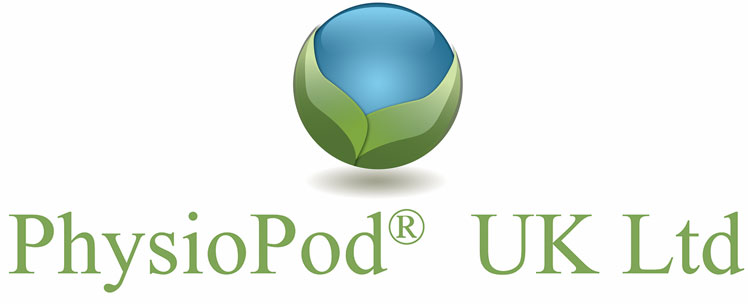Morning and Night - by Dean Attwood Mindset and Performance Coach and Anxiety Expert
In this article I want to focus on your morning and night time routines, however not the up at 5am have a protein shake and an hour of yoga… oooooh no

I’m going to get you really excited and talk about Theta and your brain.
Wow bet that got you all onto the edge of your seats. Ha
Theta Brain is very important in processing information, making memories and emotional experiences and encoding NEW memories into thoughts. One of the major times they can kick in is just before you go to sleep and the first few minutes after you wake up – hence the importance of a great language routine.
So, as we have been talking about language, we must look at the process
of our self-talk when our mind is reprogramming itself and reinforcing memories and events.
Theta is linked with memory, emotions and the limbic brain. The limbic brain is a set of structures in the brain which deal with emotions and memory, it is involved in our behavioural and emotional responses including disorders of mood, anxiety, depression, PTSD and substance abuse etc. It is especially linked when it comes to behaviours and our ‘need’ for survival.

Between the ages of 0-7 we are in our programming years, most of the time at this age our brains fluctuate between Alpha and Theta brainwave cycles, the same as when we meditate or go into hypnosis. These are the years that take, shape and form our beliefs about ourselves and the world. From our mapping system to our attachment style, to our reaction to the world and our place in it. They will show up in our behaviours, our achievements, our goals, how we choose friends, partners, the list goes on.
Example; Adults whose parents cared for their safety needs by providing food and shelter but neglected their emotional needs are more likely to develop an Anxious-Avoidant Attachment Style.
During different stages of your life, how many times have you adopted a survival strategy and language to compliment it? How often have you kept it running in the background and continued to use it, maybe even abuse it?

How does your morning start?
“Great another Monday morning”, “I’m so tired this morning”, “I can’t face my day today”
Or if you were Jim Carry from ‘The Truman Show’.
“Good morning, and in case I don’t see ya, good afternoon, good evening and good night.”
He sets the tone and pace for how he wants to be with himself and the people around him.
I wonder how joyful you are in the mornings, to others and equally as important to yourself…
How about at night time, are you preparing for the following day?
Have you ever given any thought to how important it is?
What do you repeat to yourself, anything going over and over? Is it complimentary? Is it said positively with passion and purpose? Or are you continuing to think about everything that is wrong in your life?

Matthew McConaughey once said ‘Life is not easy, it is not, do not try to make it that way, life’s not fair never was isn’t now and never will be. Do not fall into the trap, the entitlement trap of thinking you are a victim, you are not.”

This is a strong reminder of the power of repeated actions in our habits.
So how best to talk to yourself.
Your mind cannot understand / process a negative statement. So, when we hear the word ‘don’t’ in a sentence our brain can link that to ‘do’. If I say don’t think of an elephant, don’t think of an elephant whatever you do don’t think of an elephant. What are you thinking about right now? An elephant of course. My point; We know that telling ourselves not to do something firmly instils the idea in our brain instead and therefore encourages us to do it anyway.
Part of this is our subconscious brain, it can negativity infect and then feed the mind. So, you can be, due to your language habits, your own worst enemy. We must therefore look at nurturing and then restructuring our mental pathways and habits. This in turn will help and improve our mental health no end.
Reframing, is a fantastic way to do this. It is a very simple technique of changing the way you look at something, seeing something in a new way and in a context that allows you to appreciate positive aspects which then in turn changes your experience and then memory of it.
One example would be redefining ‘a problem’ as ‘a challenge’. The term problem has a heavy quality to it, a challenge allows it to be something to accept and overcome.
A great example for kids would be.

If your child is having a meltdown and not in a good place.
Rather than saying “it’s fine, it’s fine.” Say “I’m here, I’m here.”
Or instead of saying “it’s ok”. Say “You are safe and I’m going to stay with you.”
Poor language routines can be at best negative and at worst very destructive.
Your subconscious mind is most active as soon as you wake up, so you must train your brain to use this subconscious theta activity to reprogram your thinking. Train yourself to think, feel and be more positive, change your habits, develop your routines and therefore help to accomplish a more productive and joyful day.

First thing in the morning, your creative brain is most attuned, use it and write down your jobs for the day or use it for a time to be creative. Mental creation always comes before physical action. Your thoughts are the blueprint of the life you are building, not just surviving! When you learn to channel your thinking - both consciously and subconsciously - you further create the conditions that make the achievement of your goals so much more possible.
One of the most well-known performance coaches, Anthony Robins, is a massive fan of ‘priming’ first thing in the morning. The process of taking time to adjust your thoughts and emotions and so living with more gratitude and joy.
We know from neuroscience that neurons that fire together, wire together.
So; say it, feel it / do it, repeat. Say it, feel it / do it, repeat – learn, habit, cycle.
So, what have you been choosing?
What have you been saying to yourself?
Are you choosing to live in the past, to relive, to overthink…? This happens with a lot of people and you may have accepted that you are ok with it, but are you really truly ok with it?
What has this cost you in the past?
How is this effecting you now?
What’s going to happen in the future if you don’t get this handled?

At the beginning of this article we learnt that the Theta Brain is very important in processing information. We will look at processing another time, but right now start to take an active interest in what you say to yourself first and last thing at night, when your mind is actively listening and learning to what you have to say.
Reframe your words.
What do you want?
What do you want to be?
How do you want to be?
Do you keep putting yourself verbally down before you sleep, and then reminding yourself you are not good enough in the morning?
How many of these negatives are no longer serving you?
Which repeated verbal pattern needs to go, starting now?

What would be the quickest and easiest word or words to change?
When was the last time you woke up and said something you were grateful for?
For you cannot be unhappy and grateful at the same time.
So, reframe your words.
Say feel and do – ‘Fire together, wire together.’
Meet those challenges.
Life isn’t happening to you, it’s happening for you.
I believe no thoughts are negative, they are just thoughts, it’s us, we choose, we label them we are the creator of our personal story that we are narrating, daily. Make it a positive one, make it thought provoking, make it fit for purpose, to a fun life, your life filled with passion purpose and happiness.
For Thomas Edison said
“Never go to sleep without a request to your subconscious mind”

Written by Dean Attwood
Mindset and Performance Coach and Anxiety Expert
Owner and Director of Integral Workplace Wellness - a Mental Health Support & Training Company that specialises in Staff & Business support for SME’s - www.integralworkplacewellness.com

